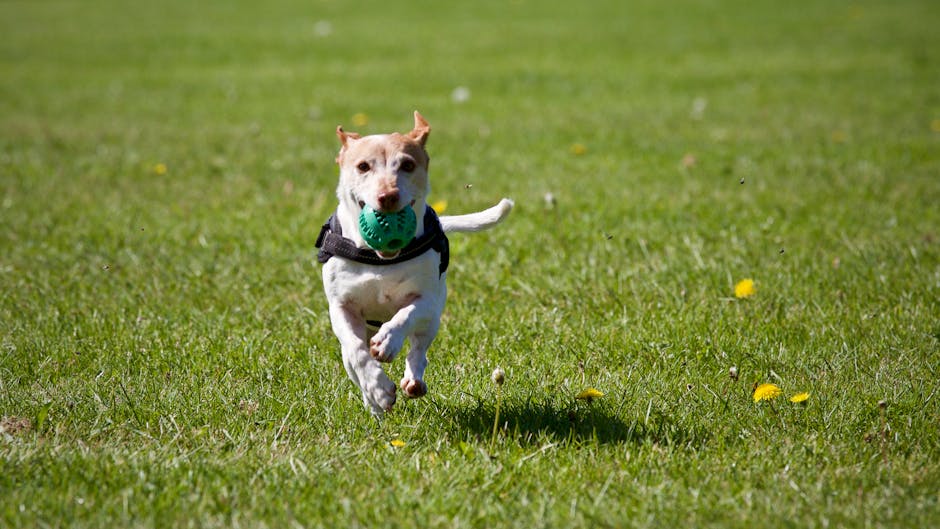Dog training is a multifaceted endeavor that not only enhances your pet's behavior but also deepens the bond between you. Whether you're a seasoned dog owner or a first-time pawrent, understanding the principles of effective training can unlock a world of possibilities for you and your furry friend.
**The Importance of Positive Reinforcement**
Positive reinforcement is the cornerstone of successful dog training. It involves rewarding your dog for desired behaviors, making them more likely to repeat those actions in the future. Treats, praise, and affection are all powerful motivators that reinforce good behavior. By consistently rewarding positive behaviors, you create a positive association with the desired outcome.
**Establish Clear Communication**
Effective communication is crucial for dog training. Choose a specific set of verbal cues and hand signals for each command. Use these cues consistently and avoid using multiple variations, as this can confuse your dog. Maintain a calm and assertive tone, and reward your dog for following your instructions accurately.
**Consistency and Patience**
Consistency is key when training your dog. Establish clear boundaries and expectations, and enforce them consistently. Avoid exceptions or leniency, as this can undermine the training process. Be patient with your dog, as learning takes time and repetitions. Celebrate your dog's successes and learn from any setbacks.
**Socialization and Enrichment**
Socialization is essential for well-rounded dogs. Exposing your puppy to different people, places, and experiences helps them develop confidence and learn how to interact appropriately with others. Provide your dog with ample opportunities for mental and physical enrichment through games, toys, and exercise. A well-stimulated dog is more likely to be receptive to training.
**Understanding Breed-Specific Traits**
Different dog breeds have unique temperaments and learning styles. Research the breed-specific traits of your dog before embarking on training. This knowledge will help you tailor your training approach to suit your dog's individual needs and abilities.
**Professional Help When Needed**
If you encounter significant challenges or behavioral issues, don't hesitate to seek professional help from a certified dog trainer or animal behaviorist. They can provide expert guidance, troubleshoot issues, and develop a customized training plan for your dog.
**Embrace the Journey**
Dog training is an ongoing journey that requires patience, consistency, and lots of love. Embrace the process and enjoy the special bond you build with your canine companion. Remember, the ultimate goal is to create a harmonious and fulfilling relationship where both you and your dog thrive and enjoy each other's company.
